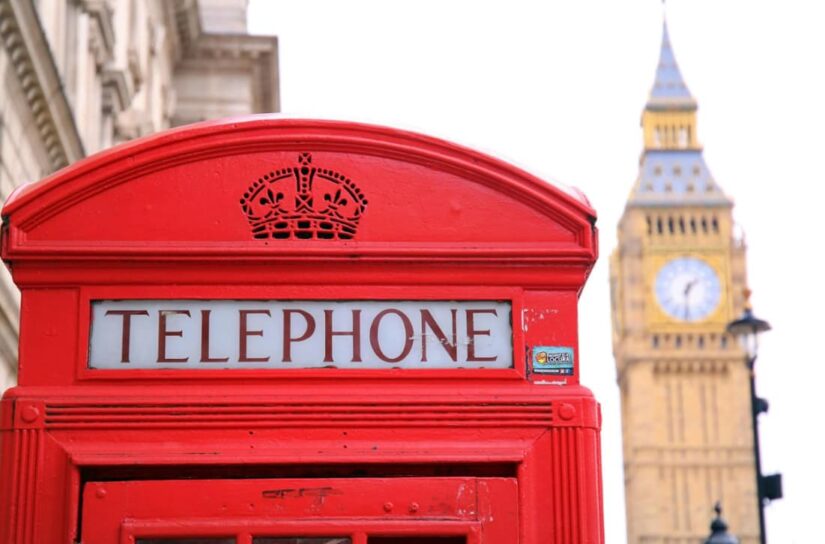The Birthplace of English: Unveiling Its Origins
The journey of English, from its roots to becoming a language spoken by 1.5 billion people globally and rich with approximately 750,000 words, is a tale of evolution and adaptability. This language, unlike others confined to specific nations or regions, embarked on its voyage about 1,600 years ago. Its path was shaped by invasions and migrations, during which it absorbed elements from various languages, reflecting the expansion of its speakers across the world.
The Anglo-Saxon Connection
The narrative begins in present-day England, where, around 400 AD, Anglo-Saxon tribes from Central Europe made their way to the British Isles. Their dialect, now referred to as “Old English,” soon became the lingua franca of this distant European corner. Though Old English would seem foreign to contemporary speakers, it laid the groundwork for modern English and contributed fundamental words such as “be,” “strong,” and “water.”
Run from the Viking with a Knife!
The invasion by Vikings, a Norse tribe known for their raids across Northern and Northwestern Europe between 800 and 1000 AD, introduced Old English to Old Norse. This merger enriched English with over 2,000 words, including “give,” “take,” “egg,” “knife,” “husband,” “run,” and “viking.”
Bring on the French
By 1000 AD, the English language, despite its widespread use across the British Isles, encountered a significant transformation following the Norman conquest of 1066. This event marked a pivotal shift, elevating French to the language of the elite, government, and law, while Old English was relegated to the lower classes. Despite this, Old English did not merely survive; it thrived and evolved. Between 1000 and 1400 AD, a period known as the Middle English era, the language absorbed an extensive array of Latin and French terms, significantly enriching its vocabulary and adapting to the changing social and cultural landscape.
- Introduction of New Vocabulary: Words like “beer,” “city,” “fruit,” and “people” found their way into English, reflecting the everyday life and societal structures of the time;
- Months and Timekeeping: Terms representing months were incorporated, indicating the influence of Roman and French systems of timekeeping and further connecting English speakers to wider European traditions;
- Sophisticated Concepts: The integration of French vocabulary brought with it sophisticated concepts such as “liberty” and “justice.” These words not only enriched the language but also reflected the changing dynamics of power, governance, and rights in English society;
- Legal and Administrative Language: French became the language of the courts and the government, introducing a plethora of legal and administrative terms into English. This dual-language system highlighted the class distinctions but also set the stage for a rich linguistic blend;
- Cultural Exchange: The period was characterized by a significant cultural exchange. English absorbed influences from Norse, Latin, and French, becoming a more complex and nuanced language capable of expressing a broader range of ideas and concepts.
This linguistic evolution was not merely a matter of borrowing and assimilation; it was a dynamic process of adaptation that reflected the social, political, and cultural shifts of the era. The melding of Old English with Latin and French elements laid the foundation for Modern English, a language profoundly shaped by its history of conquest, interaction, and convergence.
The Alligator Ate My Puppy Dog, Mr. Shakespeare
In the aftermath of the Hundred Years War, which diminished French influence in Britain, English reclaimed its status as a dominant language. This resurgence was propelled by the cultural and literary contributions of William Shakespeare, an iconic figure who introduced at least 1,700 words, including “alligator,” “puppy dog,” and “fashionable,” and authored timeless works like Romeo & Juliet and Hamlet.
The Science of New Words
The 17th and 18th centuries witnessed a symbiosis between the evolving English language and the burgeoning field of science, necessitating new terminology such as “gravity,” “acid,” and “electricity.” As English speakers led scientific advancements, the language expanded accordingly.
English Goes Global
English’s trajectory towards becoming a global language was significantly boosted by British colonialism. By the early 20th century, the British Empire had expanded its reach to encompass over a quarter of the globe, bringing English into contact with more than 400 million people across diverse continents. This vast empire, stretching from the Americas to Australia, from Asia to Africa, facilitated not just the spread of English but also its enrichment and diversification.
- Colonial Expansion: The British colonial empire acted as a catalyst for English’s spread, making it a lingua franca in many regions and for various administrative, educational, and legal purposes;
- Dialect Formation: This widespread use of English across different geographical, cultural, and social landscapes fostered the creation of numerous English dialects. Each region added its unique flavor, pronunciation, and idiosyncrasies to the language;
- Lexical Borrowings: The interaction with local languages led to the introduction of words like “barbeque” from the Caribbean and “zombie” from Africa. These borrowings enriched English, adding to its vocabulary words that reflected the new realities, cultures, and experiences encountered;
- Cultural Exchange and Integration: English acted as a bridge for cultural exchange, integrating aspects of indigenous languages and cultures. This process of linguistic and cultural integration highlighted the adaptability and dynamism of English;
- Global Lingua Franca: The legacy of British colonialism laid the groundwork for English to emerge as a global lingua franca. Today, it serves as a key language in international communication, business, science, and technology.
The spread of English through British colonialism not only expanded the geographic reach of the language but also transformed it into a rich tapestry of dialects, accents, and vocabularies, reflecting the diverse experiences and histories of its speakers.
A Dictionary to the Rescue
The widespread adoption of English posed a challenge in maintaining its coherence. The Oxford English Dictionary, first published in 1884, played a crucial role in standardizing spelling and ensuring mutual intelligibility among English speakers worldwide. Now spanning 20 volumes, the dictionary is continuously updated, reflecting the dynamic nature of the English language.
